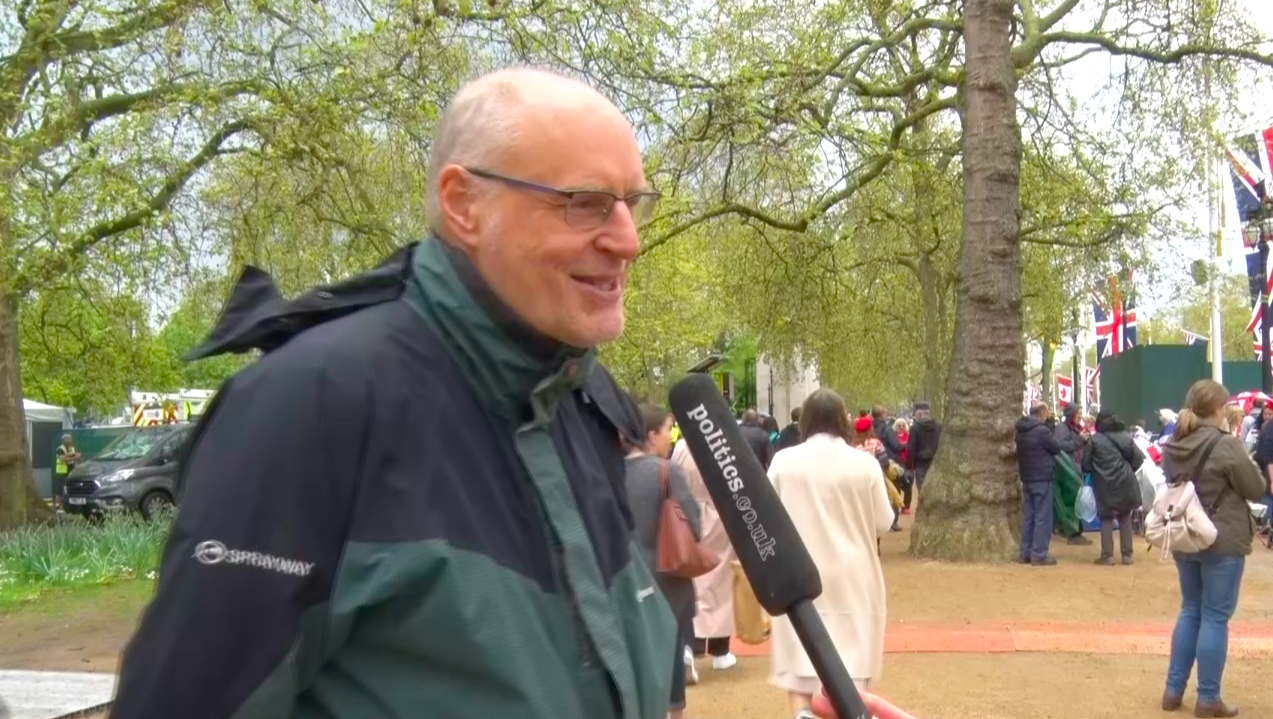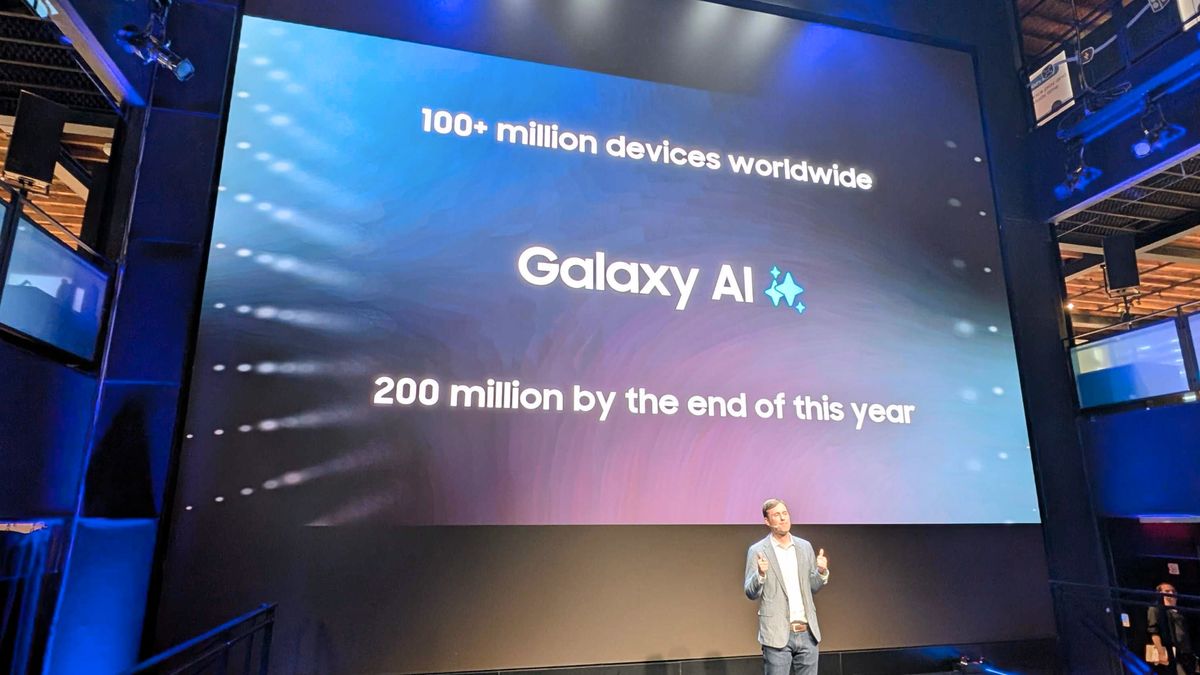HOUSTON — After months of pleading for more gun control measures, a Democrat who represents Uvalde, Texas, where 19 children died in a mass shooting, was told by the Republican leader of the State Senate to stop bringing up gun legislation or be barred from speaking at all.
In the State House, Republican members talked and joked among themselves as another Democrat, Representative Jarvis Johnson of Houston, rose to discuss gun control. “This is not a joke — this is real,” he shouted from the lectern at his colleagues on Friday. “Children every day are dying.”
It was only hours later that gunfire again ripped apart the daily life of people in Texas. This time the violence erupted at a popular shopping center in the Dallas suburb of Allen, where a 33-year-old gunman armed with what officials said was an AR-15-style rifle swiftly killed eight people and wounded at least seven others, including at least one child, before a police officer fatally shot him on Saturday.
The killings came just over a week after a mass shooting in rural San Jacinto County, north of Houston, where five people living together were killed by a neighbor after they asked him to stop shooting his gun in his front yard. And they occurred a little less than a year after the massacre at Uvalde, where two teachers also died.
Among some Texans, the drumbeat of mass murder has fueled rising frustration and a slight openness to more gun regulation in a state where even Democrats proudly discuss their firearms. But the violence has done little to reshape the political realities in the State Capitol, where Republicans control both legislative chambers and all statewide offices.
In the past two years, as the state has been shaken by more than a dozen mass killings of four or more people, Texas has increased access to firearms, doing away with its permit requirements to carry handguns and lowering the age when adults can carry handguns to 18 from 21.
On Sunday, Gov. Greg Abbott, a Republican, attended a vigil for the victims of the shooting at the shopping center, Allen Premium Outlets, but said earlier that there would be no new effort by his administration to limit access to firearms — because it would not work.
“We’ve seen an increased number of shootings in states with easy gun laws as well as shootings in states with very strict gun laws,” Mr. Abbott said in an interview on Fox News. He said Texas was responding to the “dramatic increase in the amount of anger” across the United States by going to “its root cause, which is addressing the mental health problems behind it.”
The message was largely the same as one delivered by the governor the day after the elementary school shooting in Uvalde in May 2022, when he observed during a news conference that more people are shot in Chicago each weekend than in Texas schools.
By contrast, President Biden urged action on Sunday. “Republican members of Congress cannot continue to meet this epidemic with a shrug,” he said in a statement that called for “a bill banning assault weapons and high-capacity magazines.”
In Texas, a bill to raise the age to purchase an AR-15-style rifle to 21 from 18 has been introduced by Democrats and championed by the relatives of the children killed in Uvalde, but it was not likely to pass out of committee before a legislative deadline on Monday. That legislation would have prevented the 18-year-old gunman in Uvalde from purchasing the weapon he used, but it would not have been a factor in the shooting in Allen, where the gunman was older.
Investigators on Sunday were still working to determine what had motivated that gunman to open fire at the shopping center, about 25 miles north of Dallas. It was the second-deadliest shooting of the year in the United States, after the Monterey Park, Calif., massacre in which a gunman killed 11 people in a ballroom on Jan. 21.
The Texas Department of Public Safety identified the gunman in Saturday’s attack as Mauricio Garcia, 33, of Dallas.
A video circulating on social media appeared to show him lying on the ground, clad in black and equipped with what appeared to be a tactical vest, multiple rounds of ammunition and a long gun.
The gunman may have espoused white supremacist ideology, according to two law enforcement officials, but it was not yet known whether the shooting was an act of domestic terrorism.
He arrived at the large outdoor mall in the midafternoon on Saturday, stepped from a silver sedan and at around 3:30 p.m. began firing a rifle at shoppers walking outside.
According to video taken at the scene, the gunfire sent people running for safety. A police officer who had been on an unrelated assignment at the mall heard gunfire, rushed toward it and fatally shot the gunman, Chief Brian E. Harvey of the Allen Police Department said on Saturday.
Officers and agents from multiple law enforcement agencies including the local police, the Federal Bureau of Investigation and the Texas Department of Public Safety were still working on Sunday to identify the victims and notify their families. The injured — who ranged in age from 5 to 61 — were being treated at three trauma centers, according to a spokesman for one of the centers, Medical City Healthcare.
No update on the investigation was provided on Sunday, but gun control proponents in the state were deploring the report of yet another episode of large-scale violence.
“This is no longer unimaginable,” Representative Johnson said in an interview on Sunday. “We are almost to the point of normalizing mass shootings in Texas, and that is the most disturbing thing.”
While less supportive of stricter gun regulation than Americans as a whole, Texans support some limited gun control measures, polls have shown, and over the past few years views on guns among Republican voters in Texas have appeared to moderate somewhat, according to polls by the Texas Politics Project at the University of Texas at Austin. In 2020, 67 percent of Republicans told pollsters that more guns made the United States safer. The next year, that percentage declined, and, after the Uvalde shooting, it declined again, to 57 percent.
“You are seeing a very slow erosion in some of the underlying attitudes that suggest a blanket enthusiasm for guns among Republicans,” James Henson, director of the Texas Politics Project, said. “But it’s not dropping enough to signal a change, at least not yet.”
State Senator Roland Gutierrez, a Democrat who represents Uvalde, said that after the elementary school massacre two of his Republican colleagues privately voiced support to him for some kind of gun control measures. “But since then, nothing has changed,” he said in an interview on Sunday.
For months, Mr. Gutierrez has been trying to force action in the State Senate, a body dominated by its Republican leader, Lt. Gov. Dan Patrick, who warned Mr. Gutierrez last month against discussing gun control during a debate on an unrelated bill to ban minors from drag shows.
“People don’t want to eliminate these guns, I get it — and I own guns myself,” Mr. Gutierrez said. But there are steps that can be taken, he said, such as expanding background checks or raising the age to buy an AR-15-style rifle. “This is simple stuff,” he said.
In Allen on Sunday, Amy Bennett stood on the side of a road near Cottonwood Creek Church, where the vigil for the shooting victims was being held. She held a sign that said “This voter opposes gun violence,” with a picture of an AR-15 crossed out. “Thoughts and prayers are useless,” said another sign pinned to her shirt. “The dead are still dead.”
Several cars honked as they passed by.
For some Texans, like Annalisha Tiller, 48, a Republican who lives in the neighborhood of San Jacinto County where last month’s mass shooting took place, the ease with which anyone can get a gun has made her feel unsafe and open to restrictions such as requiring background checks for weapons purchased at gun shows.
“Access to guns is too easy here,” she said. At the same time, she arms herself whenever she goes out, for safety. “We don’t have police out here to protect us,” she said. “I want good people with guns.”
Mamie Lester, 59, a steadfast Republican who lives on a 50-acre farm in North Texas, said she and her husband had more than a dozen guns — rifles, shotguns and pistols — that remain carefully locked up in their home when not in use. But the killings in Allen, coming after other recent mass shootings, has deepened her feeling that something has to be done.
“I do realize that this is all out of control,” she said. “I’m not totally against gun control, but they’re trying to control it for the wrong people. You’ve got to keep the guns out the hands of the criminals.” She said better background checks could be an answer.
Gregory K. Taggart, a firearms trainer at Texas Legends, a gun range in Allen near where the latest shooting occurred, echoed Governor Abbott when he said that mental health needed to be considered in any analysis of recent gun violence. “Guns have been around forever. Mass shootings have not been,” Mr. Taggart said. “My first question would be, Why do we have mass shootings now? I think our society is breaking down.”
Restricting guns is not the answer, he added. “When people talk about drunk driving, do they say, Let’s ban cars?”
Part of the reason Republicans in Texas may not feel political pressure on the issue is the state’s recent electoral history. The Uvalde shooting took place during a hard-fought governor’s race between Mr. Abbott, running for a third term, and Beto O’Rourke, a former Democratic congressman who campaigned for some of the same gun control proposals that have recently been before the legislature. Mr. Abbott won by a wide margin.
Last month, relatives of victims in Uvalde traveled to the State Capitol to testify on behalf of the bill to raise the age for buying an AR-15-style rifle. The fact that a committee in the Republican-controlled House even agreed to listen to them had felt to them like a kind of victory.
Then they waited for hours for their turn to speak. They were finally called in after 10 p.m., about 13 hours after they arrived at the Capitol that morning.
“I’m reminded of May 24, 2022, when we waited hours to be told our daughter would never come home,” Kimberly Rubio told the committee through tears, speaking of her daughter Lexie, who was killed in the shooting. “I expressed confusion then, and I’m perplexed now. Did you think we would go home?”
Mary Beth Gahan, Remy Tumin, Claire Fahy and Lauren McCarthy contributed reporting.

















Discussion about this post